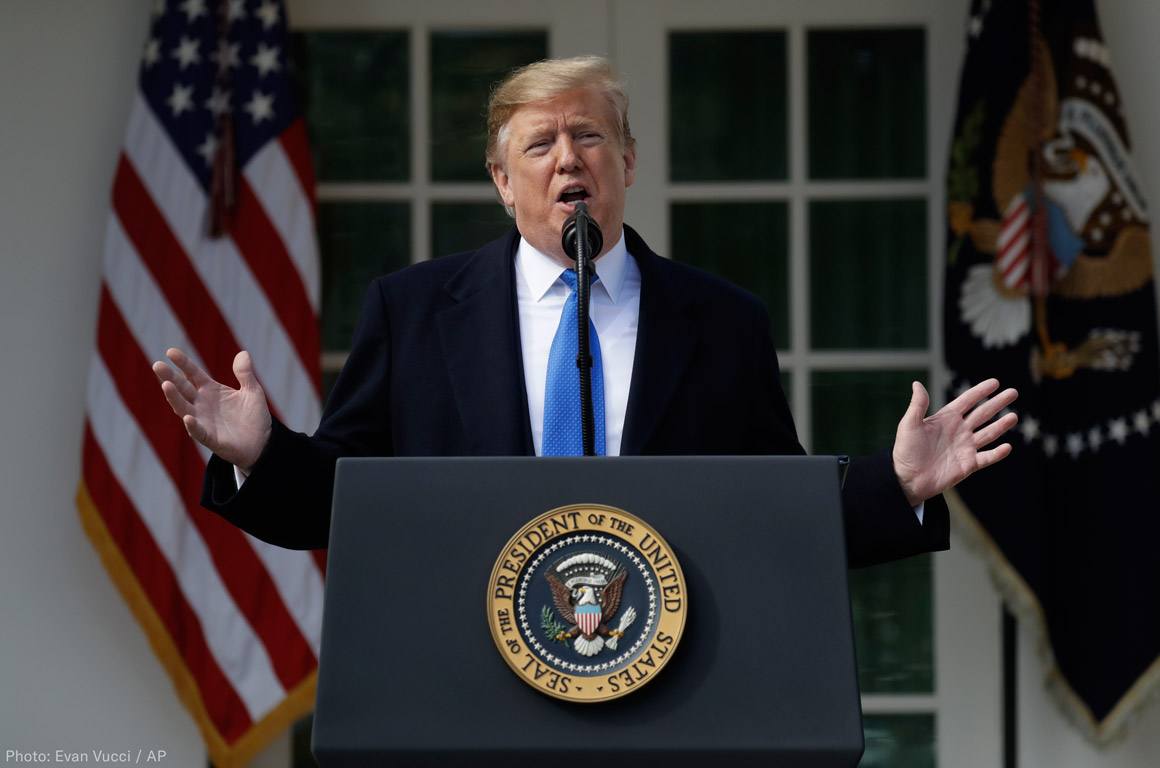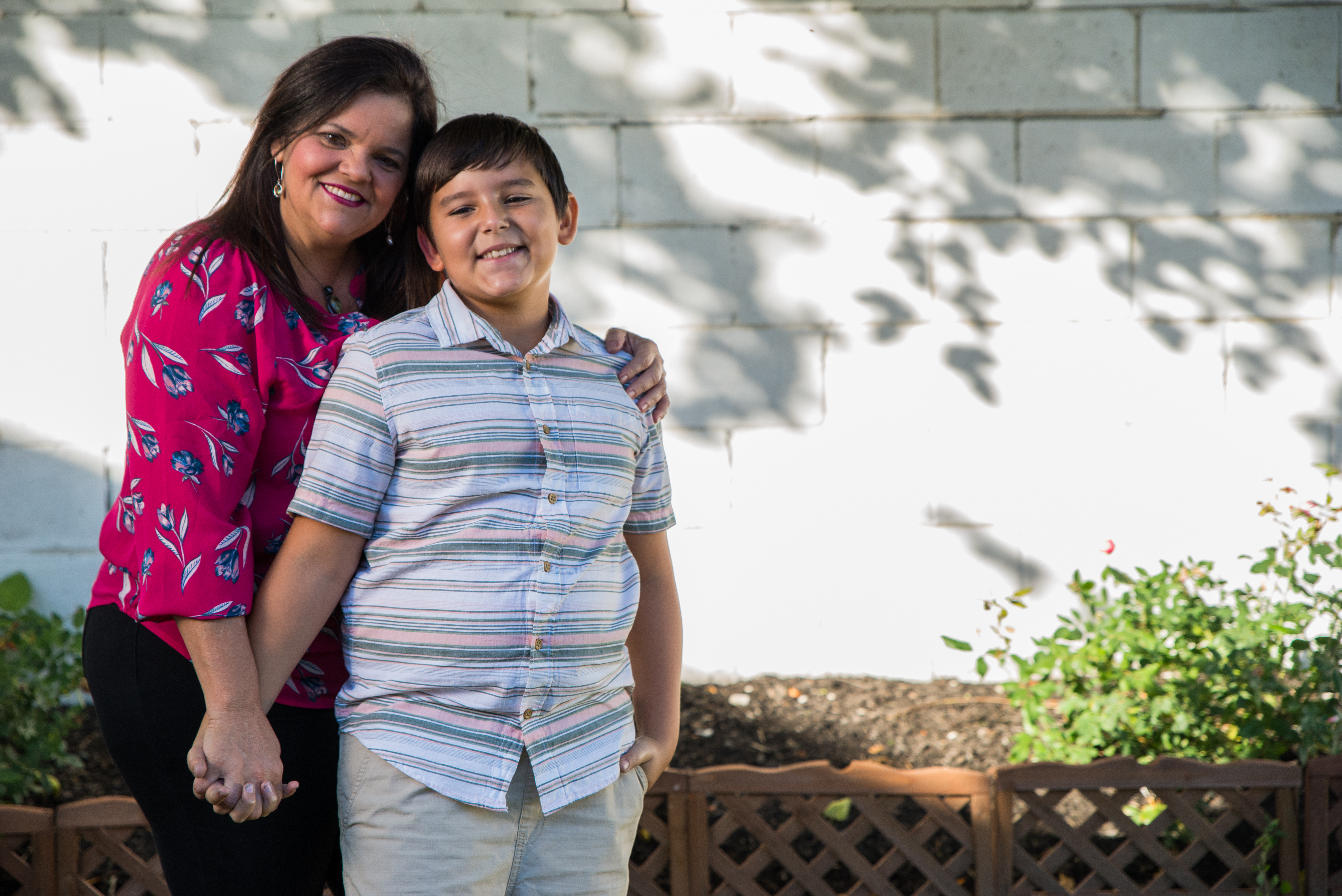Family Sued for the Right to Silent Protest.
Written by Jessica Lewis, Staff Attorney with the ACLU of Massachusetts
Feb 24, 2019 is the 50th anniversary of the landmark example Tinker five. Des Moines Indep. Cmty. Sch. Dist., 393 U.South. 503 (1969), in which the U.S. Supreme Court upheld the Offset Amendment rights of students to engage in political protest and expression in public schools. The Courtroom in Tinker ruled that educatee Mary Beth Tinker and others could not be disciplined for wearing black armbands to protestation the Vietnam War. The Court held that educatee speech in schools is protected as long equally it does not materially and essentially disrupt the work or subject field of the school.[1]
To mark this anniversary, the ACLU of Massachusetts updates this advisory to remind students, the public, and school officials that public schoolhouse students, including students in charter schools, may not be compelled to recite the pledge of fidelity or to stand during the pledge or national anthem.
In the seminal instance from 1943, W Virginia State Board of Education v. Barnette,[ii] the U.Due south. Supreme Courtroom ruled that a compulsory flag salute would violate students' right to liberty of expression. Lowers courts have since recognized that this right protects students who engage in silent protestation or express dissent during the recitation of the pledge or during other patriotic ceremonies. Courts have held that students may express themselves by remaining seated,[3] raising their fist,[4] and kneeling.[5]
In Barnette, the Court wrote:
If there is whatever stock-still star in our ramble constellation, it is that no official, high or footling, tin prescribe what shall exist orthodox in politics, nationalism, religion, or other matters of opinion or strength citizens to confess past give-and-take or act their faith therein.[6]
"The Constitution guarantees students (and all people) the correct to appoint [in] 'expressive conduct.'"[vii]Sitting during the pledge or visibly expressing dissent is expressive carry.[8] In a example in which a educatee was suspended for declining to stand during the pledge every bit "protestation confronting black repression in the United states," the court held that "refusing to stand during the pledge ceremony constituted an expression of [the student'south] religious beliefs and political opinions. His refusal to stand up was no less a course of expression than the wearing of the blackness armband was to Mary Beth Tinker."[nine]
Schools may non abridge the right of students to freedom of expression, including their right non to participate in or to dissent during ceremonies of patriotic or nationalist expression.[10] One way school personnel abbreviate this right is by reprimanding a educatee's choice non to participate in the pledge ceremony. "Information technology is well established that a school may not require its students to represent or recite the Pledge of Fidelity or punish any student for his/her failure to do so."[eleven] "Verbal censure is a form of punishment, albeit a balmy ane," because the intent behind this act is to dissuade the pupil from exercising a constitutional correct.[12]
Disagreement with the political message – be information technology perceived as "anti-police" or a need for racial equality – cannot justify or excuse the abridgement of speech communication. Rather, "the school must be able to show that its action was caused past something more than a mere want to avoid the discomfort and unpleasantness that ever accompany an unpopular viewpoint" to justify a prohibition of a particular expression of stance.[13]
In Spence v. Washington, the Supreme Court rejected the argument that spoken communication may be suppressed to protect a purported involvement in preserving the American flag equally an unalloyed symbol of the nation. A speaker may not be punished "for declining to show proper respect for our national emblem." [14]
And "[t]hough schools may regulate students' speech in some limited circumstances, public school students . . . 'cannot be punished merely for expressing their personal views on the school premises—whether 'in the cafeteria, or on the playing field, or on the campus during the authorized hours.'"[fifteen]
As the Supreme Court reasoned in Barnette:
[West]due east utilise the limitations of the Constitution with no fear that freedom to be intellectually and spiritually diverse or even contrary will disintegrate the social organization. To believe that patriotism will not flourish if patriotic ceremonies are voluntary and spontaneous, instead of a compulsory routine, is to make an unflattering estimate of the appeal of our institutions to free minds. . . . [F]reedom to differ is non limited to things that practice non thing much. That would be a mere shadow of freedom. The exam of its substance is the correct to differ every bit to things that bear upon the heart of the existing club.[16]
"The schoolroom prepares children for citizenship, and the proper practice of the Outset Amendment is a hallmark of citizenship in our country."[17]
Equally the Court in Tinker reminded the states: "state-operated schools may not be enclaves of totalitarianism."[18]
Happy altogether, Tinker!
[1] 393 U.Due south. at 513. "To back up the regulation of student speech under Tinker, school officials must produce some evidence that a brake 'is necessary to avoid material or substantial interference with schoolwork or discipline.'" Bowler v. Town of Hudson, 514 F. Supp. 2d 168, 178 (D. Mass. 2007) (original accent). "The gamble that student counseling may be required, or the likelihood of unplanned classroom discussions, does non rising to the level of a substantial and material disruption comprehended past Tinker." Id.
[2] 319 U.Due south. 624 (1943).
[3] Banks 5. Bd. of Public Instr., 314 F. Supp. 285 (S.D.Fla.1970), vacated on procedural grounds past 401 U.S. 988, 91 S.Ct. 1223, 28 L.Ed.2d 526 (1971), reinstated without published opinion by dist. ct. and aff'd, 450 F.2nd 1103 (5th Cir.1971)
[four] Holloman v. Harland, 370 F.3d 1252 (11th Cir. 2008).
[v] V.A. 5. San Pasqual Valley Unified Sch. Dist., No. 17-CV-02471-BAS-AGS, 2017 WL 6541447 (South.D. Cal. Dec. 21, 2017).
[6] 319 U.S. at 642.
[vii] Harland, 370 F.3d at 1270.
[8] Banks, 314 F.Supp. at 295.
[9] Id. (referring to Tinker, 393 U.Southward. 503).
[10] Run across M.G.L., c. 71, § 82; see as well Pyle v. Sch. Comm., 667 North.E.2d 869, 872 (Mass. 1996) (interpreting Massachusetts law as protecting the rights of the students to free expression).
[11] Rabideau v. Beekmantown Cent. Sch. Dist., 89 F. Supp. 2nd 263, 267 (N.D.Due north.Y. 2000).
[12] Harland, 370 F.3d at 1268–69.
[13] Come across Tinker, 393 U.South. at 509.
[14] 418 U.South. 405, 410-11, 412-13 (1974)
[fifteen] Five.A., 2017 WL 6541447, at *iv (citing Tinker, 393 U.Southward. at 506).
[16] 319 U.Due south. at 637.
[17] V.A., 2017 WL 6541447, at *5 (quoting Chandler v. McMinnville Sch. Dist., 978 F.2d 524, 527 (ninth Cir. 1992).
[18] 393 U.Due south. at 511.
Date
Friday, Feb 22, 2019 - 1:00pmFeatured epitome

Prove featured video/epitome
Hide banner image
Related bug
Documents
Show related content
Tweet Text
Type
Menu parent dynamic listing
Show PDF in viewer on folio
Style
Standard with sidebar
Show list numbers
- Read more most Students' Rights: The Pledge of Allegiance and the National Canticle
After more than a month of threats, a government shutdown, and bipartisan action by Congress, President Trump has finally declared a national emergency to spend billions of taxpayer dollars on his edge wall obsession. In response, the ACLUvolition file a lawsuit early next week challenging this blatantly illegal executive action.
Let's get something directly upfront: In that location is no emergency. Members of Congress from both parties, security experts, and Americans who alive at the border accept all said so. What the president is doing is nevertheless another illegal and dangerous power catch in service of his anti-immigrant agenda.
Trump's declaration damages the rule of law and violates the constitutional checks and balances that protect us, the people, from a president's abuse of power. The Constitution provides that Congress has the ability to spend federal funds — our taxpayer dollars. And Congress has enacted a law that gives the presidentexpress power to spend federal funds without a congressional appropriation when he declares a national emergency. That law lets the president spend taxpayer money on military structure when "necessary to back up" the emergency utilise of armed forces.
What Trump is doing is patently illegal, because there is no emergency. He even admitted it himself during his press conference today: "I didn't need to do this, but I'd rather practice it much faster."
And that's the truth.
Three weeks ago, Trump announced that if Congress didn't give him what he wanted, he would declare a national emergency. This week, Congress reached a bipartisan deal to avoid another authorities shutdown and appropriated $1.375 billion for the edge wall. President Trump disagrees with Congress's determination and wants to spend more than. That is not an emergency. Information technology'southward an unconstitutional usurpation of Congress's spending power by the president.
The president'south action damages our republic, and it also hurts our country and the American people in other ways. Security experts have pointed out that the irrational building of a border wall has done zero to accost the supposed "problems" Trump is worried about. Criminal cartels easily circumvent walls past tunneling under them or shipping drugs and contraband through official ports of entry. And the original scapegoats of Trump's border wall obsession — families seeking asylum — take a legal right under U.Southward. and international law to utilise for refuge, which they do past presenting themselves to U.S. edge agents.
Americans who really live, piece of work, and visit at the border also stand up to endure from Trump'due south border wall obsession. The president has indicated that he will target portions of the border in wilderness areas in Texas, where the construction of a wall volition destroy national treasures — for no good purpose.
Cooler heads have tried and failed to go the president to back down on his illegal and irrational threat. Trump has finally made his motion, and he tin can exist certain nosotros volition, also. Come next week, we'll see him in court.
Weblog by Cecillia Wang, Deputy Legal Director, ACLU. Originally published on ACLU's Speak Freely.
Date
Friday, February 15, 2019 - 7:00pmFeatured paradigm

Testify featured video/image
Hibernate banner prototype
Related problems
Show related content
Tweet Text
Type
Prove PDF in viewer on page
Style
Standard with sidebar
- Read more about There is no 'national emergency' at the border, and Trump'south annunciation is illegal
In the virtually 100 years of our being, the ACLU has always fought for the correct to live and love freely.
More than fifty years agone, the ACLU took on a historic instance for love: Loving v. Virginia. Mildred and Richard Loving married on June 2, 1958, in Washington, D.C. Merely by this act of love, they committed what 17 states—including Virginia—considered to be a crime: interracial marriage.
After being arrested while traveling together, Mildred Loving wrote to Attorney General Robert F. Kennedy for assistance, and the couple was referred to the ACLU. Represented past ACLU attorneys, the Lovings took their case to the United States Supreme Court in 1967—and won. The Court ruled that state bans on interracial marriage were unconstitutional. In many ways, the unanimous Supreme Court triumph marked an extraordinary victory of love over hate.
Just discriminatory attitudes virtually spousal relationship and family did not disappear. Since the first wedlock lawsuit for same-sexual practice couples in 1970, the ACLU has been at the forefront of both legal and public education efforts to secure relationship protections for same-sex couples and legal recognition for LGBTQ relationships. Beloved did win in the end: The Supreme Courtroom's 2015 decision in the ACLU's case Obergefell 5. Hodges ensured that same-sex couples in all fifty states have the right to get married and have their marriages recognized, no thing where they live. Nosotros continue to fight to ensure full implementation of the Obergefell decision and equal protection for LGBTQ families.
All of the progress nosotros take seen for the freedom to ally might take been delayed for years—or might never have happened at all—if not for Massachusetts. In 2004, Massachusetts became the starting time land in the nation to allow LGBTQ couples to marry—and the ACLU of Massachusetts was there every footstep of the way.
Today, the ACLU is fighting to protect and defend families—and to reunite loved ones torn apart by the Trump administration'southward family unit separation crisis. Almost one year agone, the ACLU sued the Trump administration in federal court, challenging its illegal and fell practice of separating families. The events that followed shocked the world, as thousands of young children were locked away in immigration facilities alone while their parents were detained far abroad. The arising public outcry was loud and articulate: Families belong together.
A federal estimate stopped the Trump administration's family separation policy in June 2018, ordering the government to reunite families. The ACLU immediately gear up to piece of work to locate every separated parent and advise them of their rights to be reunited. Almost 95 percentage of the children known to have been separated have now been reunited with their parents—just a contempo government report reaffirmed that the administration does not know the total number of children it tore from parents under its family separation policy.
In Massachusetts, the ACLU continues to fight for families by challenging a Trump tactic of separating married couples pursuing lawful immigration status, and by advocating for legislation to keep families together. This Valentine's 24-hour interval, stand up for dear by registering for Immigrants' Day at the State House.
We believe that dear wins—and history proves it.
RSVP for Immigrants' Day
Date
Thursday, Feb xiv, 2019 - x:45amFeatured image

Bear witness featured video/epitome
Hide imprint image
Related problems
Show related content
Tweet Text
Type
Carte parent dynamic listing
Show PDF in viewer on page
Manner
Standard with sidebar
- Read more than about Love, liberty
Source: https://www.aclum.org/es/taxonomy/term/64?page=16
0 Response to "Family Sued for the Right to Silent Protest."
Post a Comment